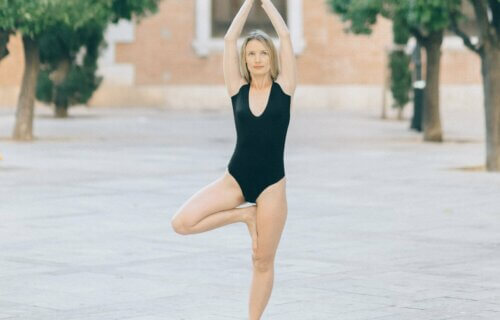LOS ANGELES — Yoga is not only a great way to exercise, but it can also help prevent cognitive decline. UCLA Health researchers found that Kundalini yoga, a gentle form of yoga emphasizing breathing, meditation, and mental visualization, has shown promise for older women experiencing memory decline and at risk for Alzheimer’s disease.
A team of scientists from the UCLA Semel Institute for Neuroscience and Human Behavior utilized a specialized type of MRI to assess activity within specific areas of the brain. They discovered that Kundalini yoga strengthened connections in a brain area vulnerable to stress and linked to memory decline.
Researchers compared the impacts of Kundalini yoga to memory enhancement training. MET, the recognized gold standard, enhances memory through verbal and visual association techniques. The hippocampus, vital for learning and memory, was the focal point.
“Kundalini yoga training appears to better target stress-related hippocampal connectivity, whereas MET may better target sensory-integration subregions of the hippocampus, supporting better memory reliability,” says psychiatrist Dr. Helen Lavretsky, director of the Late-Life Mood, Stress, and Wellness Research Program, in a media release. “The key takeaway is that this study adds to the literature supporting the benefits of yoga for brain health, especially for women who have greater perceived stress and subjective memory impairment. This gentle form of yoga, which focuses more on breathing and mental engagement than on movement, like other forms of yoga, is ideal for older adults who may have some physical limitations.”

The study involved 22 participants, with a mean age of around 61 for those practicing yoga and about 65 for the MET group. Each participant reported a decrease in memory function over the past year and displayed one or more risk factors for Alzheimer’s, such as diabetes, recent heart attacks, or plaque buildup in arteries.
Over a 12-week period, both groups underwent 60-minute weekly training sessions, supplemented by daily practice. The Kundalini yoga group was also introduced to another meditative yoga form called Kirtan Kriya (KK). Both yoga styles involve multiple senses and include chanting, which past studies suggest can benefit respiratory and cardiovascular health.
Previous research indicated that Kundalini and Kirtan Kriya yoga positively impacted depression, resilience, and executive functioning in older adults. This recent study employed advanced MRI techniques to compare yoga’s effects against memory training in regard to the hippocampus.
UCLA Health researchers believe Kundalini yoga may be particularly effective in processing facial information into memory, hinting at its long-term neuroprotective advantages. MET, on the other hand, appears more effective in integrating sensory information into memory, thereby potentially enhancing memory reliability.
The study is published in the Journal of Alzheimer’s Disease.

